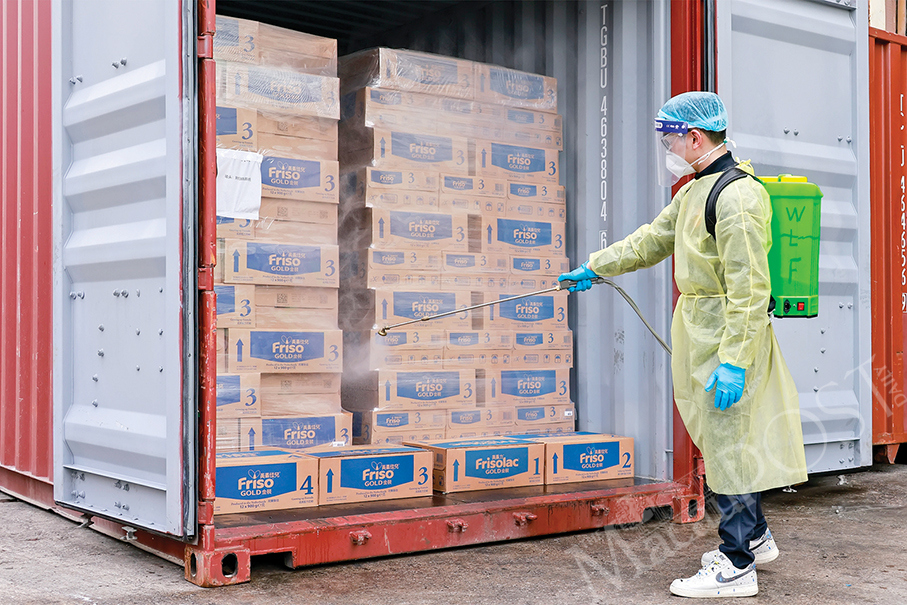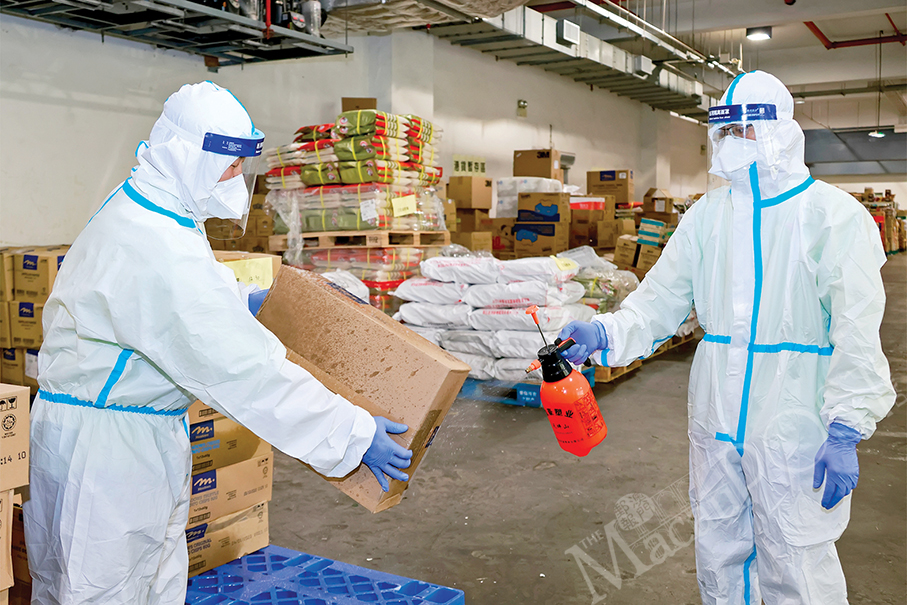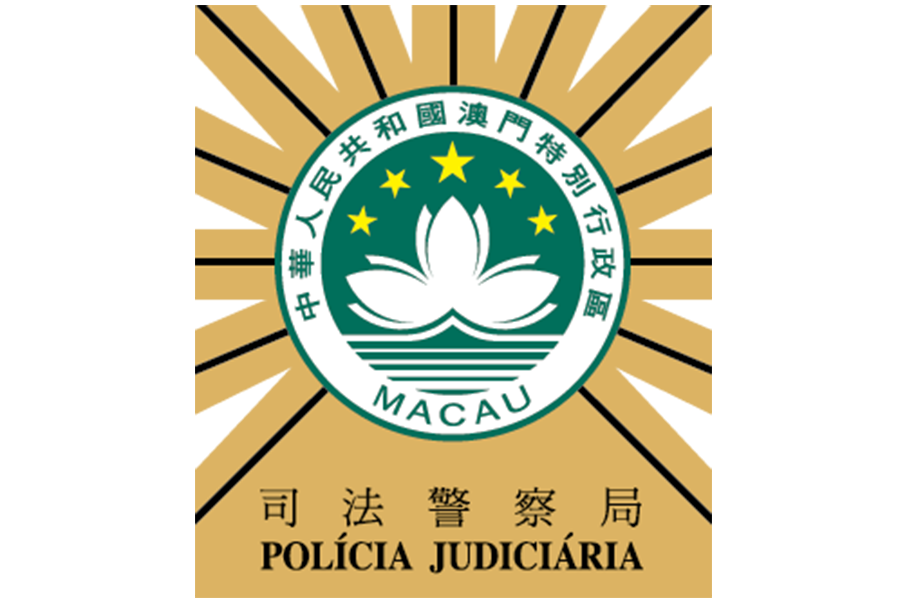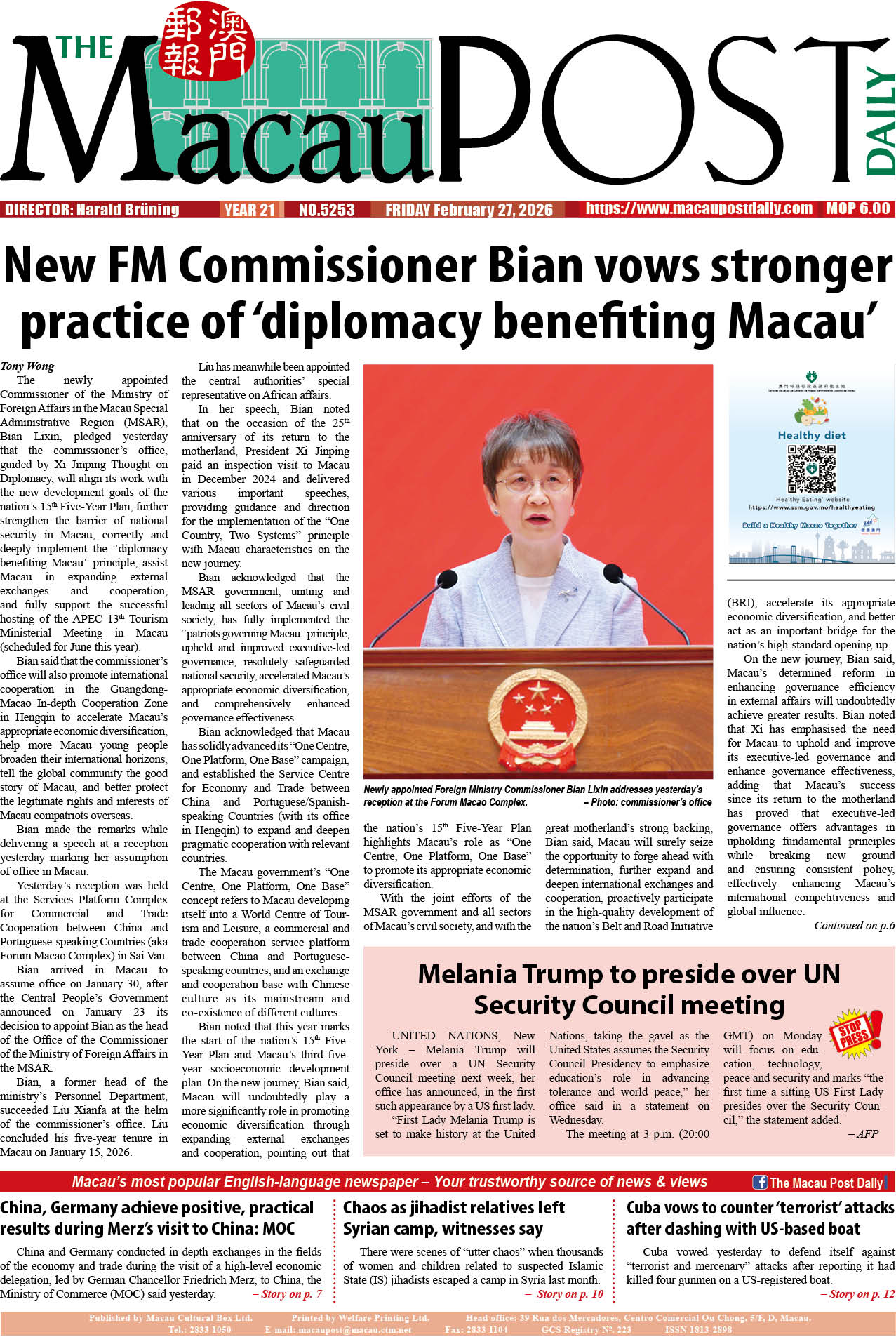The Government Information Bureau (GCS) announced in a statement on Friday that strict disinfection measures for imported goods have been launched, particularly for the disinfection of “goods and cold chain food”.
A media tour was hosted last week by the Macau Customs Service (SA), the Municipal Affairs Bureau (IAM), the Economic and Technological Development Bureau (DSEDT), and the Health Bureau (SSM), along with other government departments, the statement noted.
A Macau Customs Service officer was quoted in the statement as saying that supervision of imported goods has been strengthened, based on the approach of “preventing COVID-19 from re-entering and causing a new epidemic”, as well as considering the neighbouring areas’ pandemic situation.
The statement pointed out that imported goods are thoroughly disinfected upon arrival, with disinfected goods then marked with “a special sticker and recorded in a manifest.” For the government to ensure the supervision’s efficiency, disinfection work is carried out in areas with surveillance cameras. Aiming to combat unlawful trading and the prevention of unsterilised goods entering the city, the statement underlined that the Customs Service also improved inspection and supervision of import-related activities.
The statement also quoted an IAM official as saying that inspection of facilities including airports, cold chain processing venues and shops selling fruit, among others, have been enhanced by the authorities.
The statement also mentioned the sample of the plastic wrapping film used on dairy products imported from Hong Kong that tested positive for COVID-19 the previous week, noting that none of the products had entered the market as they were “sealed and destroyed”.
A weekly total of 100,000 or more boxes of cold chain food and fruit are being imported by Macau, according to the statement. The number of boxes for daily sampling for screening purposes has been increased to 500, and the statement noted that “17,800 food-related and environmental samples” had been collected by last Tuesday.
A DSEDT official, the statement underlined, said that goods imported from Hong Kong undergo “additional disinfection” since early March upon the removal of the outer plastic wrap.
Authorities also met last week with suppliers and supermarket operators to tell them to arrange stock clerks to undergo a Nucleic Acid Test (NAT) every seven days, with the first test carried out on Saturday, according to the statement.
Meanwhile, when unpacking imported goods, the Health Bureau reminded the public to wear a facemask and disposable gloves, as well as to unpack the products outdoors. The external packaging such as boxes should not be taken home, the statement added.
However, if unboxing has to take place at home, the statement underlined that disinfection of the containers should be conducted with either “a one-part water, half-part bleach solution, or with either a 70-percent or 80-percent isopropyl alcohol solution”.

This undated handout photo provided by the Government Information Bureau (GCS) on Friday shows disinfection being carried out for imported products.

This undated photo provided by the bureau on Friday shows workers disinfecting a box of products before they enter the market.








